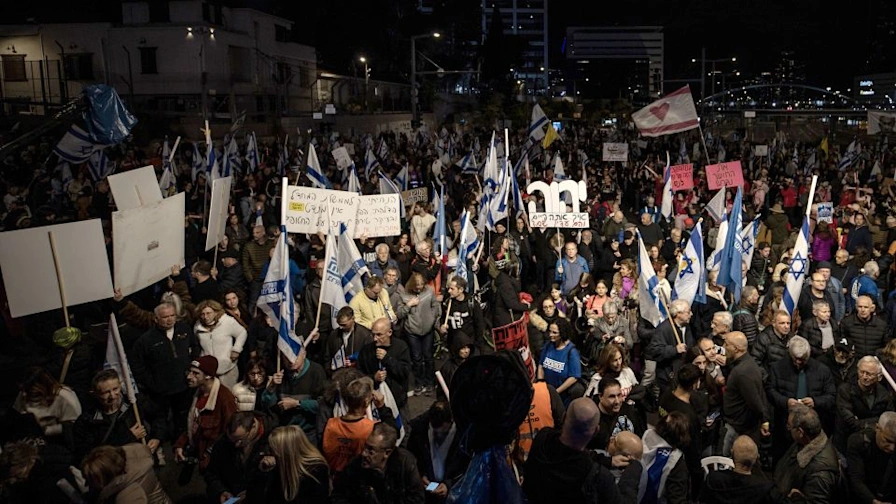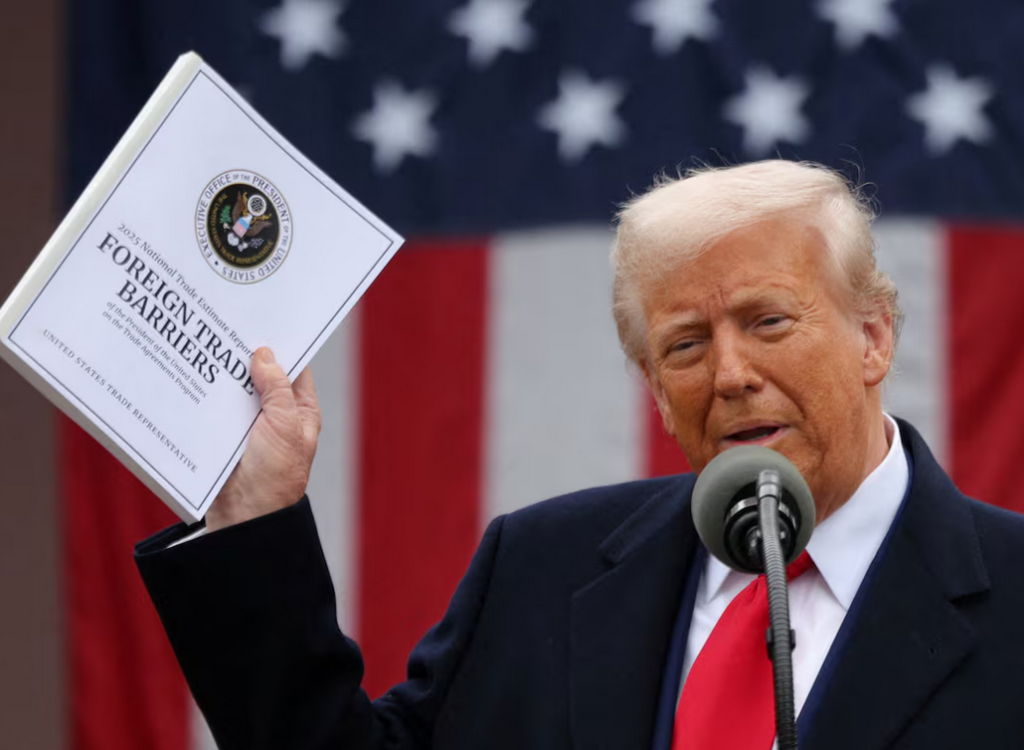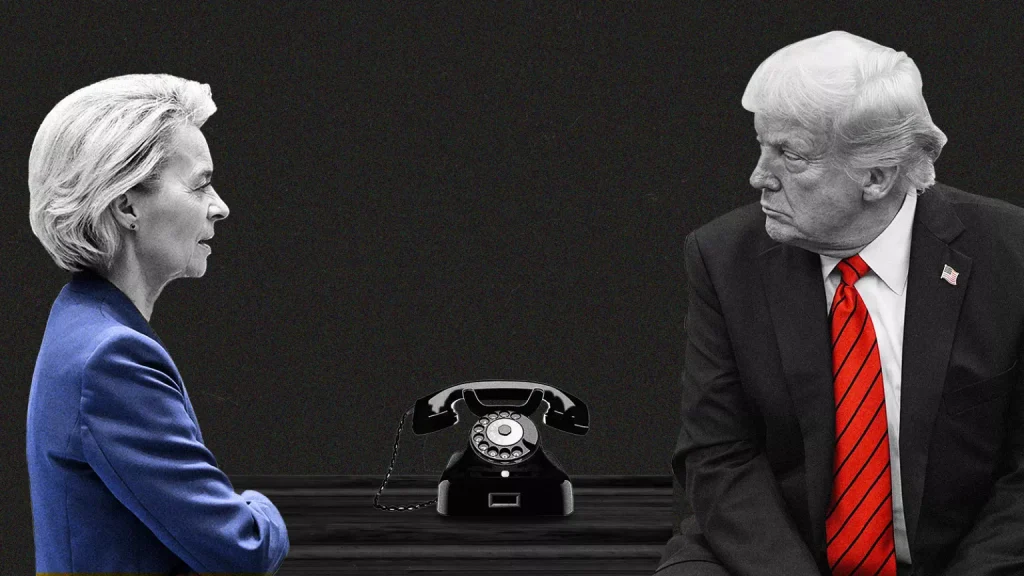In a surprising and contentious move, the Internal Revenue Service (IRS) has reignited debate over the long-standing tension between religion and politics by loosening its stance on political endorsements from the pulpit. The new interpretation, which many see as a departure from previous enforcement practices, has left faith leaders and legal experts deeply divided.
At the center of the controversy is the Johnson Amendment, a provision in the U.S. tax code since 1954 that prohibits 501(c)(3) nonprofit organizations, including churches, from endorsing or opposing political candidates. While enforcement of the amendment has historically been inconsistent, the IRS’s latest guidance suggests a more relaxed posture, sparking concern among watchdogs and celebration among certain religious circles.
The New IRS Interpretation
The change did not come through formal legislation or regulation, but rather through revised enforcement guidelines and statements by IRS officials. The agency indicated that certain kinds of political speech by religious leaders—especially when presented as personal opinion and not in official church communications—may not automatically violate the Johnson Amendment.
This shift in tone has emboldened some clergy members who have long chafed under the restrictions. In previous years, many faith leaders engaged in symbolic protests, such as “Pulpit Freedom Sunday,” where sermons included endorsements in open defiance of IRS rules. The new approach appears to validate their belief that the government was overreaching by attempting to police speech in sacred spaces.
However, the lack of clarity surrounding what constitutes an acceptable “personal opinion” versus an official church endorsement has left many confused. Critics argue that the ambiguity opens the door to increased politicization of churches and may lead to abuses of tax-exempt status.
Faith Leaders React
Faith communities are anything but monolithic, and reactions to the IRS’s reinterpretation have reflected a spectrum of perspectives.
Some evangelical leaders have welcomed the development, seeing it as a long-overdue correction that affirms their First Amendment rights. They argue that religious leaders, like all Americans, should have the freedom to express political views without fear of government reprisal, even from the pulpit.
“We are not asking for special privileges,” one prominent pastor noted. “We are asking for the freedom to speak on issues of moral and civic importance without censorship.”
On the other hand, many mainline Protestant, Catholic, Jewish, and interfaith leaders have expressed alarm. For them, the sacred space of religious worship should be free from political campaigning. These leaders fear that introducing endorsements into worship services may alienate congregants, sow division within communities, and damage the spiritual mission of religious institutions.
“Churches should be sanctuaries of unity and peace,” said a rabbi from New York. “Turning pulpits into political platforms risks compromising that sacred trust.”
Legal Experts Divided
The IRS’s decision has triggered intense debate within legal and constitutional law circles. Supporters of the relaxed approach argue that the Johnson Amendment may have always overstepped constitutional bounds. They point to the First Amendment, which guarantees both freedom of speech and freedom of religion, and question whether the government should be deciding what pastors, priests, rabbis, and imams can or cannot say from the pulpit.
Critics, however, warn that weakening the Johnson Amendment undermines a key safeguard in the U.S. tax system. They argue that tax-exempt status is a privilege, not a right, and should come with conditions—one of which is refraining from overt political activity. Without enforcement, they say, churches could become dark money vehicles for political campaigns, with no donor disclosure requirements or campaign finance limits.
“The problem isn’t just legal,” said one constitutional scholar. “It’s ethical. Religious institutions are being invited to become campaign machines under the cover of religion. That threatens both democracy and faith.”
Some legal experts also point out the risk of selective enforcement. Without clear standards, the IRS may come under political pressure to investigate or ignore infractions based on ideological bias. This could further erode public trust in both the tax system and the fairness of elections.
Implications for the 2026 Election Cycle
With midterm elections approaching in 2026, the timing of the IRS move is particularly significant. Political strategists and religious advocacy groups are already strategizing about how to use church networks to mobilize voters. In swing states, churches could play a pivotal role, not only in turnout but in shaping political discourse.
Some worry that this could lead to further polarization. Congregants may find themselves under subtle or overt pressure to align with their leaders’ political views, and the line between spiritual guidance and political coercion may blur.
Others see potential for positive engagement. Churches have always played a role in civic life, from the civil rights movement to voter registration drives. If handled ethically, some argue, religious communities can encourage thoughtful, values-based participation in democracy.
Looking Ahead
The IRS’s move has left more questions than answers. Will Congress seek to clarify or codify the Johnson Amendment? Will the courts be called upon to decide the boundaries of political speech in religious contexts? And how will religious institutions navigate this uncertain terrain?
One thing is clear: the debate over the proper role of religion in politics is far from over. As the nation continues to wrestle with the intersections of faith, speech, law, and public life, the IRS’s surprise action may be remembered as a turning point—one that challenged long-held assumptions and set a new course for how America understands the relationship between church and state.



